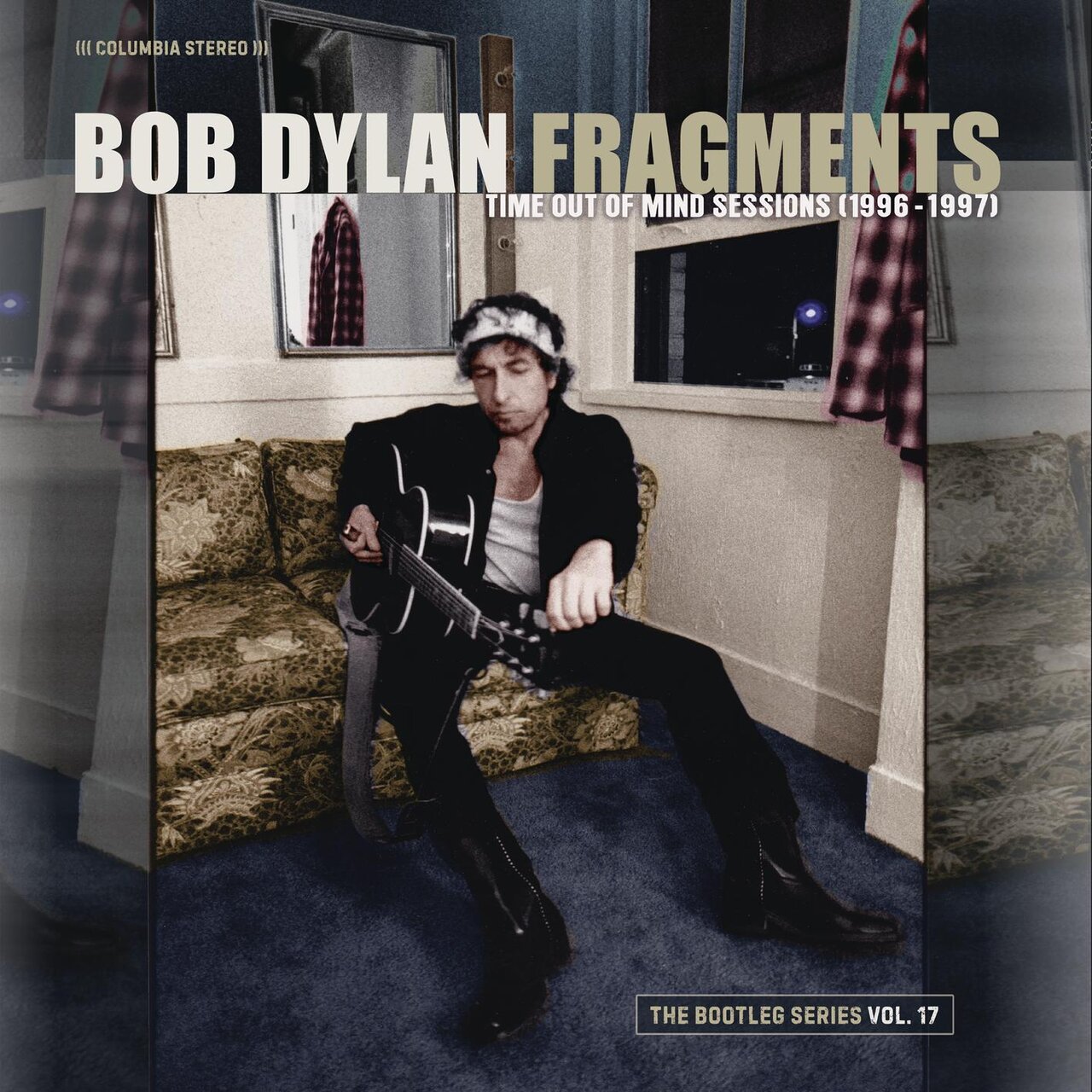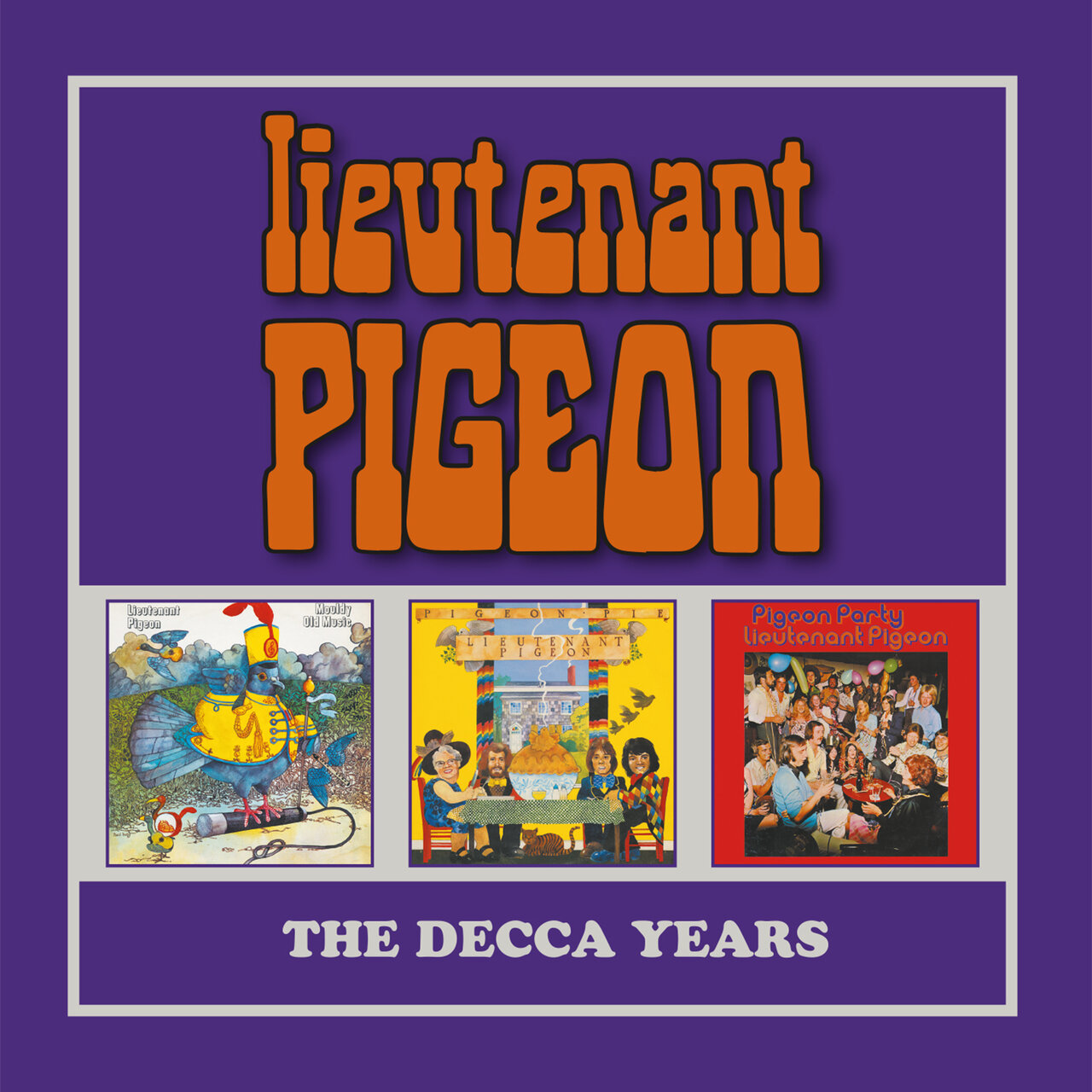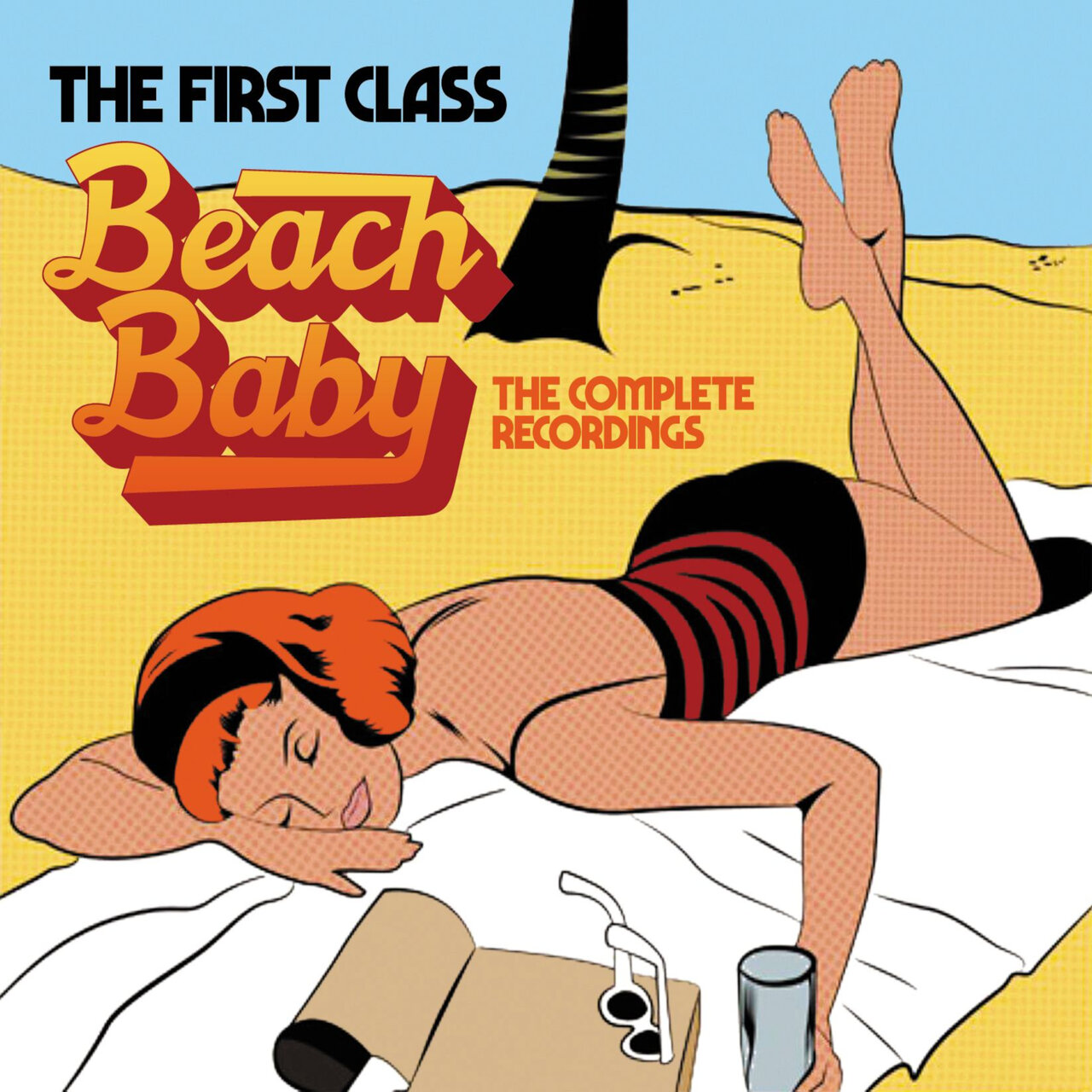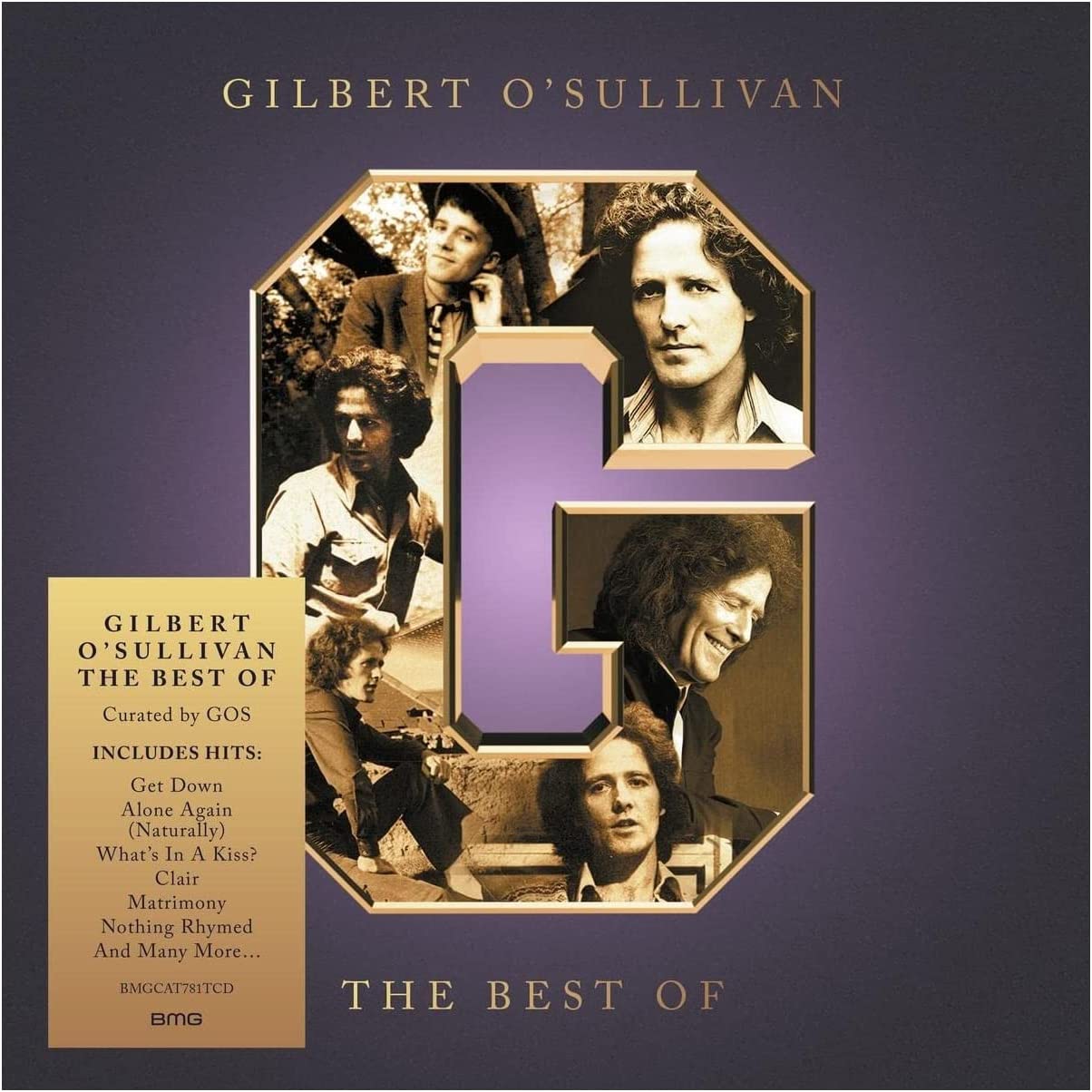
What's new
Walks by the sea
Fred Olsen's Cruise lines for 2025
Christmas books reviews
DVD reviews
Doctor Who
Our new website - Enjoy Britain online www.enjoybritainonline.co.uk/
New CD releases
Discover Knightsbridge, London
Birdwatching and more


Here we have some of the most recent music reviews from Simon Evans.

Bob Dylan
Fragments: Time Out of Mind Sessions
(Sony Music)
When Bob Dylan released the Time Out of Mind album, in September 1997, he had suffered a life-threatening illness, which inevitably led commentators to speculate that the overwhelmingly bleak mood reflected his recent close encounter with the Grim Reaper. That didn’t really hold water, mainly because Dylan had fallen ill after completing the album, but there’s no doubting it’s not a particularly sunny affair, even by his standards. One clue to the unrelentingly dark mood may be how the record originated, with Dylan immersing himself in old Delta blues records in an attempt to reignite the muse that had seemed to have deserted him ever since the execrable 1990 Under The Red Sky album. In the intervening years he had released two so-so covers albums that delved deep into the folk and blues tradition, as well as a by-numbers Unplugged session, and even seasoned observers began to wonder if the great man’s best years were behind him.
It was therefore a mixture of joy and relief that greeted Time Out of Mind, and part of the reason was undoubtedly the murky, swampy multi-layered Daniel Lanois production.
Lanois had performed a similar feat of career resurrection with Dylan’s 1989 Oh Mercy album, and also sprinkled his fairy dust over blockbuster LPs such as U2’s Unforgettable Fire and Peter Gabriel’s Us, but even at the time Dylan made no secret of his unhappiness at the mix, believing it had buried the songs beneath a slurry of studio gimmicks.
Hence this 17th instalment in the excellent Bootleg Series, which strips back the Lanois production wizardry to reveal the true essence of the album and, for once, you feel Dylan had a point. Less claustrophobic than the Lanois version, the new remix that takes up one disc of the deluxe five-disc set (there’s also a two-disc version), is leaner and displays the considerable chops of Dylan’s formidable backing band at the time, as well as giving the songs air to breathe. The rest of the set comprises two discs of stray out-takes and songs left off the original album as well as some superb live performances and a disc collecting early album versions and also-rans from the Bootleg Series Tell Tale Signs release.
As always with the Bootleg Series it’s fun to hear the various different versions and previously unheard takes but there is only one true revelation, a searing take of Red River Shore, inexplicably left off the final album, and only available previously, in inferior versions, on Tell Tale Signs. Which only goes to show what we already knew, that Dylan is often not the best judge of his finest work. Thankfully, as so often before, the Bootleg Series is here to put right history’s mistakes.

Lieutenant Pigeon
The Decca Years
(Cherry Red)
Lieutenant Pigeon may be only a footnote to Seventies pop, but there’s an argument that their Number One hit Mouldy Old Dough summed up the mood of its time – early 1972 – as much as Slade, T Rex, Elton John and the rest. Sounding like something a pub pianist had come up with just before closing time, it was the aural equivalent of a Party Seven tin, perfect for drowning your sorrows amidst the power cuts and supermarket shortages. The record was actually the product of a pair of Coventry rail enthusiasts who had originally called themselves Staveley Makepeace and released a few quirky pop singles under that name before stumbling across this catchy tune, changing their name and drafting in one of the member’s mums to tinkle the ivories.
The band’s first album, Mouldy Old Music, was a strange mixture of similar sounding pub instrumentals, including follow-up single, and Mouldy Old Dough-clone, Desperate Dan and a variety of other tracks that gave Frank Zappa and the Bonzo Dog Doo-Dah band a run for their money in the strangeness stakes. Two further albums of unrelenting oddness followed, Pigeon Pie and Pigeon Party, which no one seemed to buy and are now much prized by collectors.
This two-disc set features all three albums in their entirety, as well as stray B-sides and a specially recorded new track. It’s never dull.

The First Class
Beach Baby: The Complete Recordings
(Cherry Red)
More Seventies pop archaeology from the excellent Cherry Red label, this time putting the spotlight on one-hit wonders The First Class, whose single Beach Baby became one of the sounds of the summer of ‘74. Although the song, and accompanying album of the same name, evoked the Beach Boys and getting to the California surf on time, the origins of the group were rather more prosaic, the group having been formed by Brummie hit-maker John Carter who had either performed on or written a string of hits, including Let’s Go To San Francisco, Knock, Knock, Who’s There and Winchester Cathedral. Taking lead vocals was Tony Burrows, the voice behind the early Brotherhood of Man hits, as well as Edison Lighthouse, White Plains and Pipkins. With such a pop lineage it is no surprise that the two First Class albums, both included in their entirety on this three-disc set, are chock-full of pop gems, and it’s a surprise they didn’t have more hits, especially the winsomely catchy Funny How Love Can Be. The set also includes songs from an abortive musical as well as advertising jingles made by Carter for Jelly Tots (Please Yourself, you’ll recognise it, believe me), British Caledonian as well as Kit-E-Kat munchies and Singer Sewing Machines. The pop charts’ loss, clearly, was cat food’s gain.

Gilbert O’Sullivan
The Best Of
(Union Square)
Whatever happened to Gilbert O’Sullivan? One of the most successful singer-songwriters of the early Seventies, Gilbert scored two Number Ones and even topped the US chart with his irredeemably mournful Alone Again (Naturally), but by the end of the decade he was largely forgotten. The easy explanation is that his muse deserted him following a remarkable run of hits that also included No Matter How I Try, Nothing Rhymed, Clair and Get Down, but perhaps, also, his refusal to play the pop game and adjust his music to prevailing fashions. A dispute with his former manager didn’t help, preventing Gilbert from releasing new material for a number of years, but the signs were already there, his last top ten hit having been in 1973. Last year’s album of new material, Driven, demonstrated that Gilbert was still capable of writing quirky, distinctive songs with an occasional dark undertow and its success suggested his audience might have caught up with him again.
This excellent three-disc set features, naturally, all the hits as well as deep album cuts and forgotten gems like Miss My Love Today and We Will, that act as a reminder as to why Gilbert was once touted as the new McCartney, yes, they’re that good.
Simon Evans
All the featured albums are available on CD and to stream on Spotify and Amazon Music
April's book reviews
April's CD reviews
March's DVD review
March book reviews
March's CD reviews
February's DVDs
February's books
Winter books
January's DVD releases
Christmas book reviews
November DVD reviews
November's Music Reviews
November book reviews
October's DVD reviews
October's New CD releases
October's book reviews
September's DVD Reviews
DVD selection for August 2023
September's book reviews
Latest music reviews August 2023
August Round up
August Paperback Reviews
August hardback book reviews
July 2023 Roundup
Pick of the paperbacks July 2023
July 23 Hardback book reviews
July 2023 DVD releases
July 2023 CD reviews
Pick of the paperbacks June 2023
June DVDs
Hardback book reviews - June 2023
Simon Evans CD Reviews for June 2023
Tesco Summer indoors and out
Book reviews
May 2023 paperback book reviews
May 2023 Hardback book reviews
May's DVD Selection
May's CD selection
Round up of April 2023's book reviews
April 2023 paperback reviews
April 2023 Hardback book reviews
More March 2023 must-reads
March - Pick of the paperbacks
March hardback recommendations
Afternoon Tea
March 2023 - DVD releases
March 2023 Music
February 2023 Books Round up
Pick of the paperbacks - February 2023
Book reviews February 2023
DVD recommendations
Freedom on two wheels
Make do and mend
Foray into the Fens
Christmas reads
Tasty, healthy recipes by Joanne Wood
Keeping fit and healthy with the Green goddess Part 2
Keeping fit and healthy with the Green goddess Part 1
Finger-licking Good! Tasty Chicken recipes
Beauty: Say 'Allo 'Allo to an alluring look
British Library: Palace of the printed word
Look good and feel great with CBD
Interior design: Inspiration for outdoor spaces
Summer fun at Belvoir Castle
Finding Fitness Starts With Fashion
‘In Vogue’ Veg – Cavolo Nero Sales Grow by 14%
Eat Continental and live longer
A life-affirming book... about death
Get Sewing: Floral bespoke notebook cover
Find your family fortunes... for FREE!
Beauty: Get set for spring...
Spanish Recipes: Small is beautiful
The Vegan Revolution
Interior Design: Maximise your living space
Pets need a spring clean too
Visit Family Tree Live
MasterChef: Classic with a Twist
Get Sewing: Quilted pot-holder
Bob Dylan "Rock and Roll music wasn’t enough for me”
Plant Power Day: 7th March 2019
Interior Design: Less is more in minimalist home
A second chance at love
Interior Design: Great Gatsby Cabinet
The rise and rise of the birthday cake
Walking back to happiness
Baking With Veg
Totally Tina Tour
How to take care of your hair over-50
The nation's most popular cake recipes
Your views: Can you help?
Hail the grandparent aupairs
Beauty: Denise Welch "I love the shape I'm in at 60"
The Austerity Olympics
Healthy reasons to acquire a taste for olives
Grand Treats for Grandchildren
Declutter your home, and clear your mind
Scandi-style Mules for Swollen Feet
Beetroot and Walnut Cupcakes with Cream Cheese Frosting
In your garden: October
Dr Norman Croucher: The toughest summit of them all
Craft Corner: Sweet Easter Basket
Have your cake and eat your Easter egg too!
Interior Design: Moroccan inspired drawers
BR remembered... 70 years on
A gentleman's guide to spring fashion
Why antique jewellery is glittering
New Year, new beauty habits
Cliff Richard "I have a deeper faith now"
Do you remember? Oliver!
What we really look for in retirement living
Interior Design: Wedding bells on a budget
Counter culture: The revival of the board game
Jodie Whittaker: "Doctor Who is all about change"
85 year old Grandmother gains a PhD
Dame Eileen and a Crowning glory
Writing the story of you life
Why winter shouldn't stop you: don't wait until New Year
World' first 'wellness shed' stirs up mindfulness
Growing old is amazing
Don't miss out on the internet age
Prepare to feel ancient...
Hawks: Up close and personal
Studious retiree heads back to school
Garden Expert: Soaking up the sun
Emily Watson "I'ts such a gypsy life"
Here's to you Mrs Robinson
Brits Embracing 'Urban Birding'
Volunteering for Nature
The Secret to Younger Looking Eyes
Anti-ageing Options Part 2
Anti-ageing Options
End of the road for a pop icon
Reaching out to Dementia Sufferers: Sporting Memories Network
Are you ready for retirement?
Afternoon Tea Recipes
Surprisingly Good Wholegrain Recipes: Savoury
Staying safe in the Summer heat: Drowning prevention
Stardust Memories
Baking made easy
Cooking for one
The real cost of your wine

Walks by the sea
Fred Olsen's Cruise lines for 2025
Christmas books reviews
DVD reviews
Doctor Who
Our new website - Enjoy Britain online www.enjoybritainonline.co.uk/
New CD releases
Discover Knightsbridge, London
Birdwatching and more